-
-
- Advancement of the Professions Committee
- Standards Committee
- Audit and Risk Committee
- Education Committee
- Disciplinary Committee
- Charter Case Committee
- Preliminary Investigation Committee and Disciplinary Committee Liaison Committee
- Registration Committee
- Preliminary Investigation Committee
- Paper classification: some definitions
-
-
-
-
- About extra-mural studies (EMS)
- EMS requirements
- Information for vet students
- Information for EMS providers
- Information for vet schools
- Temporary EMS requirements
- Practice by students - regulations
- Health and safety on EMS placements
- EMS contacts and further guidance
- Extra-mural studies fit for the future
-
-
- Code of Professional Conduct for Veterinary Surgeons
- Code of Professional Conduct for Veterinary Nurses
- Contact the Advice Team
- XL Bully dog ban
- 'Under care' - guidance
- Advice on Schedule 3
- Controlled Drugs Guidance – A to Z
- Dealing with Difficult Situations webinar recordings
- FAQs – Common medicines pitfalls
- FAQs – Routine veterinary practice and clinical veterinary research
- FAQs – Advertising of practice names
- GDPR – RCVS information and Q&As
-
- Accrediting veterinary degrees
- Accrediting veterinary nursing qualifications
- Reasonable adjustments for student vets
- Health and disability in veterinary medicine study and practice
- The role of the veterinary schools and the RCVS
- Reasonable adjustments and the Equality Act 2010
- Reasonable adjustments and Day One Competences
- Examples of reasonable adjustments for vet students
- Annex
- Reasonable adjustments for student vets - summary
- Reasonable adjustments for student veterinary nurses
- Health and disability in veterinary nurse education and training
- Reasonable adjustments for students and the UK disability discrimination legislation
- Educational assessment of veterinary nurses
- Roles of key stakeholders in the application of reasonable adjustments
- Examples of reasonable adjustments for vet nurse students
- Embracing reasonable adjustments for student vet nurses - summary
- External review of the RCVS by ENQA
- Requirements for remote and online student assessments
RCVS and BVCIS Disability and Chronic Illness Spotlights
Over the past couple of months, we’ve teamed up with British Veterinary Chronic Illness Support (BVCIS) to help raise awareness of those living and working with disabilities in the UK veterinary sector.
Originally undertaken as part of our Disability History Month campaign, we believe that these conversations should extend beyond one month as disability can impact people for life, and this should be acknowledged. Through our campaign, we also want to recognise and celebrate the value that individuals with disability bring to the workforce.
The purpose of our Disability and Chronic Illness Spotlights is to provide individuals with a platform to share their personal experiences of disability with the professions to help break the stigma and sustain momentum with these important conversations.
Click on each of the names below to find out more about their experiences with disability and/or chronic illness.
Kirstie Pickles
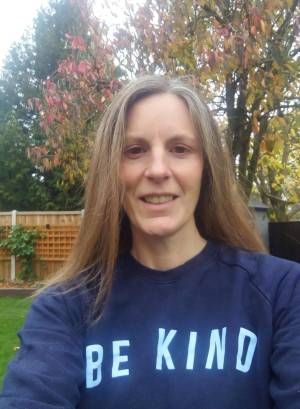 What three words would you use to describe yourself?
What three words would you use to describe yourself?
Kind, loyal, determined.
What is your experience of disability, neurodivergence and/or chronic health condition?My (dis)abilities from being autistic is so variable with my environment/situation; it can change from none to nonverbal within minutes.
What is one thing you would like the vet professions to know about disability?Don’t assume we’re all on the same playing field; not all disabilities are visible
Hollie Malster
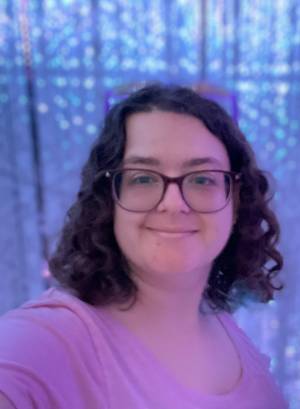 What three words would you use to describe yourself?
What three words would you use to describe yourself?
Caring, adventurous, bubbly.
What is your experience of disability, neurodivergence and/or chronic health condition?Disability can happen to anyone! It’s the one minority you can suddenly find yourself in, it was a grieving process to suddenly find out I couldn’t do what I could before.
What is one thing you would like the vet professions to know about disability?We hide what we feel pretty well, but when we say it hurts, it REALLY hurts.
Issa Robson
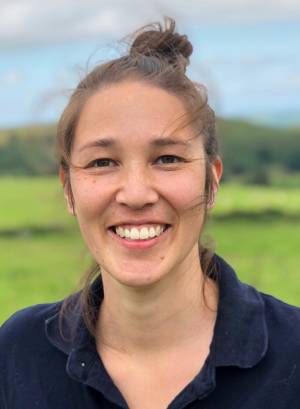 What three words would you use to describe yourself?
What three words would you use to describe yourself?
Unusual cow vet.
What is your experience of disability, neurodivergence and/or chronic health condition?Being diagnosed as dyslexic as an adult explained why I struggled where my peers didn’t. Being dyslexic may also explain why I have thrived in farm clinical practice.
What is one thing you would like the vet professions to know about disability?I can do the job requested of me, but I may need a little more time or other accommodations to do so.
Beth Riley
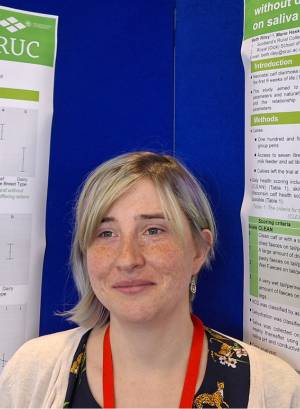 What three words would you use to describe yourself?
What three words would you use to describe yourself?
Determined, hardworking, empathetic.
What is your experience of disability, neurodivergence and/or chronic health condition?I have suffered from endometriosis since my teenage years and have had long covid since 2021.
Long covid is different for everyone, but for me, it has included fatigue, brain fog, muscle pain, chest pain, and feeling faint.
Having to make daily bargains with your energy levels is physically and emotionally draining.
What is one thing you would like the vet professions to know about disability?An adaptation that works for one person’s disabilities doesn’t work for all disabilities and fighting for the adaptations we need can in itself be exhausting.
Katie Ford
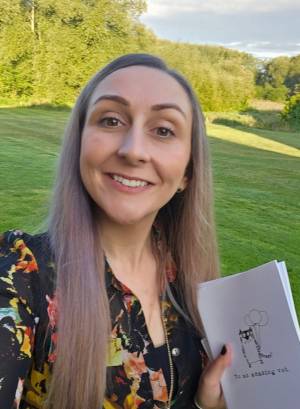 What three words would you use to describe yourself?
What three words would you use to describe yourself?
Determined, compassionate, authentic.
What is your experience of disability, neurodivergence and/or chronic health condition?Personally, navigating my chronic health conditions is a constant balance between managing my own energy and the expectations on myself, as well as those of others – especially when said challenges aren’t externally visible.
What is one thing you would like the vet professions to know about disability?I’d say we need to bring more curiosity and compassion, both to step back and look at our own assumptions about disabilities, but also to ask more questions without judgement about how to support those in our teams in ways that work for them.
Tobias Hunter (they/them)
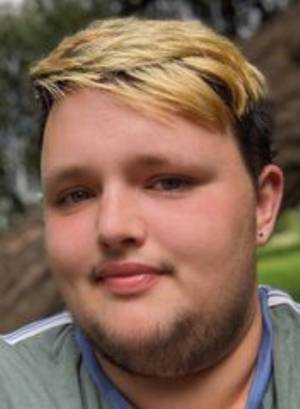 What three words would you use to describe yourself?
What three words would you use to describe yourself?
Advocate, Queer, Polish.
What is your experience of disability, neurodivergence and/or chronic health condition?I’m one of the classic undiagnosed-until-adult AuDHDers (diagnosed with both autism and ADHD). Looking back at how dysregulated I was during school, I’m shocked that no one noticed. I’m proud to be neurodivergent but it comes with serious challenges that have massively impacted my journey through vet school – from struggling with executive dysfunction to being labelled as ‘rude’ when trying to communicate, not to mention the fact we’re living in a world that was just not designed with us in mind.
What is one thing you would like the vet professions to know about disability?Communication is a two-way street and the focus shouldn’t be forcing neurodivergent people to change, but finding a way to get the message across to everybody. Be flexible in the way you communicate and if misunderstandings happen, work together to adapt for next time.
Charlotte Pace
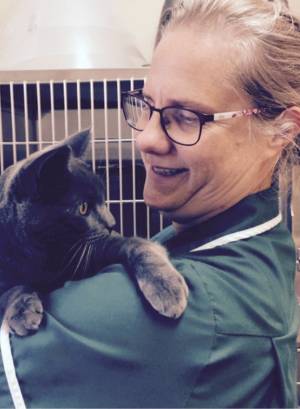 What three words would you use to describe yourself?
What three words would you use to describe yourself?
Passionate, hardworking, cats.
What is your experience of disability, neurodivergence and/or chronic health condition?I suffer from poor mental health. It cripples my personal life and makes me very lonely. I have had public breakdowns, which have resulted in panic attacks and meltdowns. I am ashamed of it, because I don’t want people to think I am weak or pathetic. I already think I am unlikeable and unlovable, and I hate giving people even more reason to dislike me.
What is one thing you would like the vet professions to know about disability?Please consider mental health a disability! Sometimes getting to work is an achievement.
Karen Moore
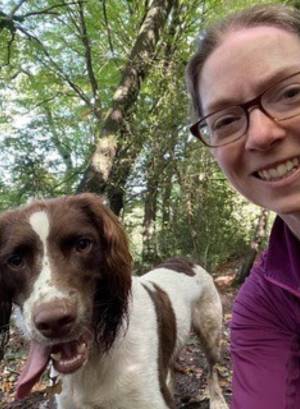 What three words would you use to describe yourself?
What three words would you use to describe yourself?
Friendly, enthusiastic, a walker.
What is your experience of disability, neurodivergence and/or chronic health condition?I've spent the past 3 years working as the D&N advisor for Surrey vet school encouraging students to be open about their conditions and pushing for change within the university system. My 8-year-old stepson has just been diagnosed with autism and I have a bad back, meaning I spend a lot of meetings on a treadmill as movement is better than sitting!
What is one thing you would like the vet professions to know about disability?Most disabilities are hidden so always be kind, you never know what people have got going on behind the scenes. Be open to listening and learning when something is out of your experience.
Claire Hodgson
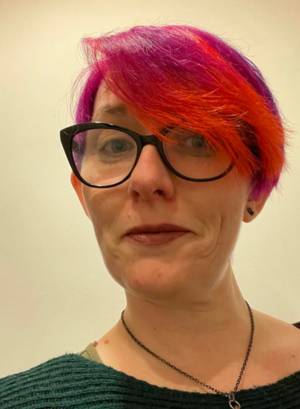 What three words would you use to describe yourself?
What three words would you use to describe yourself?
Passionate, energetic, compassionate.
What is your experience of disability, neurodivergence and/or chronic health condition?Being diagnosed with a chronic illness changed everything. It forced me to re-evaluate everything and do a lot of personal work. Initially this was terrifying and hard, but I wouldn’t be doing what I do now if it wasn’t for it. I understand so much more about the many facets of who I am and why I do the things I do. It also makes me more thoughtful about why others behave the way they do and for that, I am grateful.
What is one thing you would like the vet professions to know about disability?Most people with disability are hiding in plain sight and are far more common than you think. It’s time that we push back in the internalised ableist narrative almost all of us have and are kinder to ourselves and others.
Published on 1 February 2024